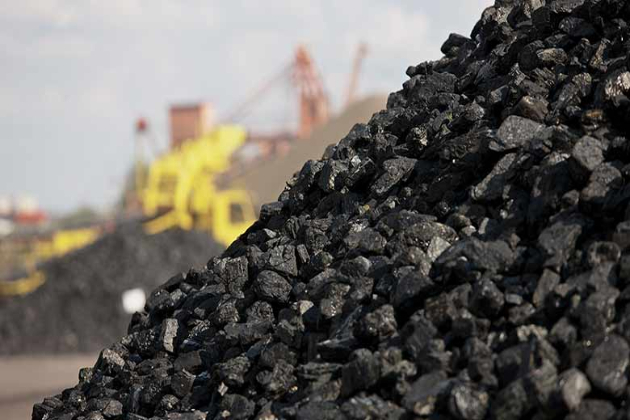Move FM Global News

Trump pushes to save fading coal industry in West Virginia
May 3, 2025FAYETTEVILLE, West Virginia: Earlier this month, U.S. President Donald Trump signed orders to allow more coal mining on federal land and to ease environmental regulations that limited coal use. At the signing, Trump said closed plants could reopen, or new ones could be built.
In West Virginia, where coal has long been a source of pride and good jobs, many welcomed the news. Some residents say coal is misunderstood and feel ignored by the rest of the country. But experts doubt coal will make a big comeback.
Tyson Slocum, an energy policy expert, says market forces—not politicians—have moved the world away from coal. Cheaper and cleaner energy sources like natural gas are now more popular. He says promising coal’s return is misleading. “We should help coal communities adapt instead of giving them false hope,” he said.
Still, at a recent coal expo in Charleston, many felt inspired by Trump’s support. Steven Tate from Viacore, a coal industry company, said, “For years, we felt like we were mistreated. Now, we feel seen.” Others said Trump showed respect for the 21,000 West Virginians who died in coal mines and for the industry that helped build the country.
However, during Trump’s presidency, coal jobs in West Virginia barely changed—from 11,561 to 11,418. The decline slowed but didn’t stop.
Ava Johnson, a 16-year-old winner of the West Virginia Coal Festival beauty pageant, walks through the remains of a long-abandoned coal town. She imagines a time when the area was full of life, with coal tipples and processing plants running. Although she knows the coal industry in her state won’t return to its former strength, she hears people hoping it might still have a future.
Ava collects railroad spikes near the old Kay Moor mine and talks about how vital coal has been to West Virginia’s history. She says, “You can’t really understand what it means to be a West Virginian without knowing the sacrifices coal miners have made.”
Many people feel that hope partly because of former President Donald Trump.
Slocum points out that environmental rules are not the only factor causing the shift away from coal. It’s mainly because natural gas is cheaper. He believes being honest about why coal is declining is the best way to help the people who depend on it.
Meanwhile, the coal industry remains deeply tied to West Virginia’s identity. Coal is not just a job—it’s also part of the state’s culture, from sports mascots to food.
In the 1950s, over 130,000 West Virginians worked in coal. That number has dropped to about 25,000 today, primarily because of machines doing the work. Heather Clay, who runs the coal festival’s pageant, says losing coal jobs has hurt families in one of the poorest states in the U.S. She adds, “When people say shut down coal, they don’t realize they’re talking about shutting down our economy and our way of life.”
Trump and his supporters argue that coal is still needed for the country’s energy security, especially with rising power demands from new technologies. However, economists like John Deskins say natural gas is now the smarter, cheaper option. For example, one major company is already replacing its coal plants with gas-powered ones.


